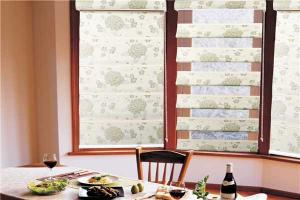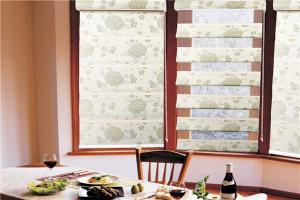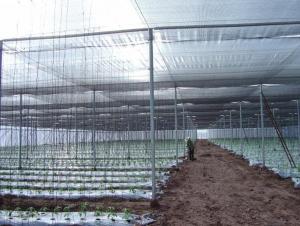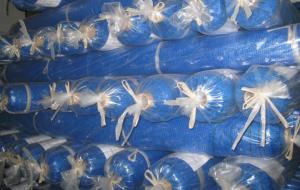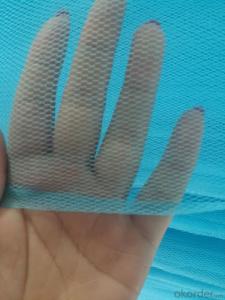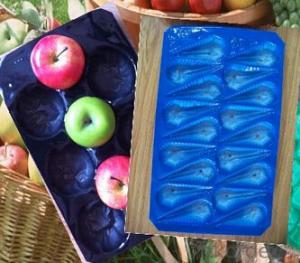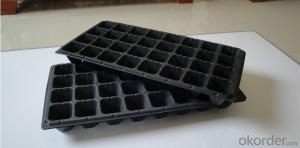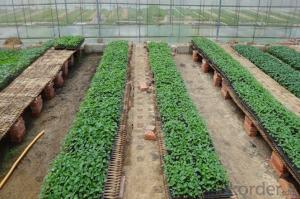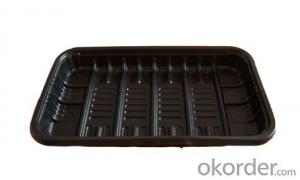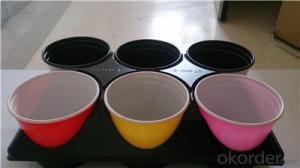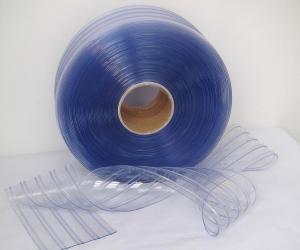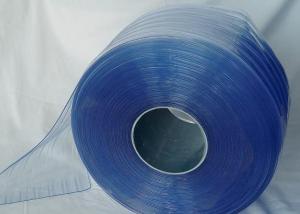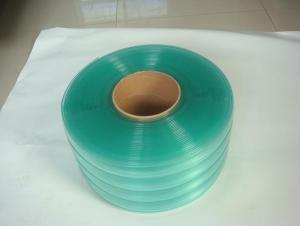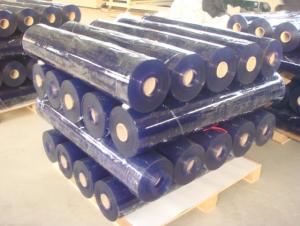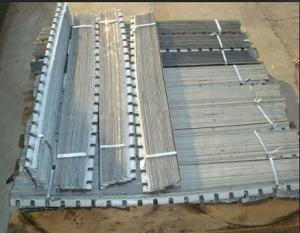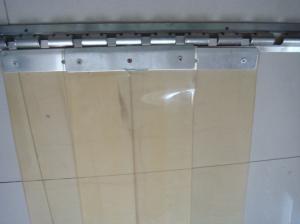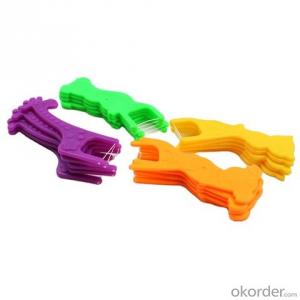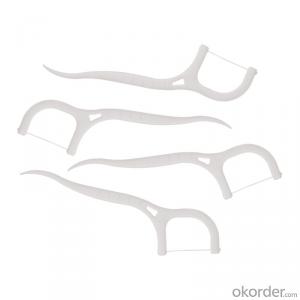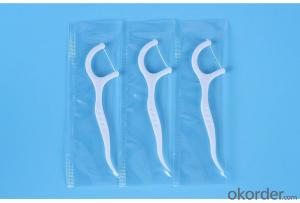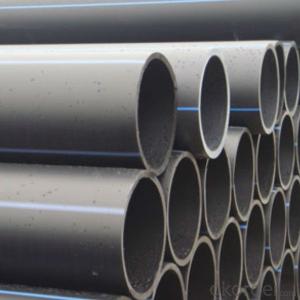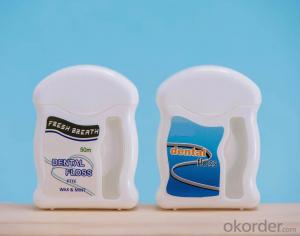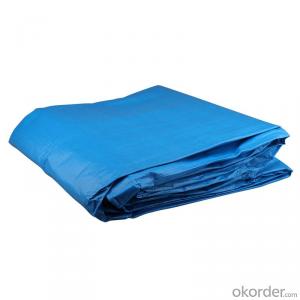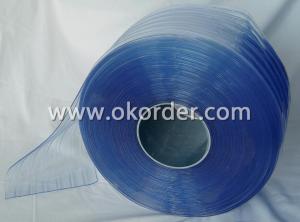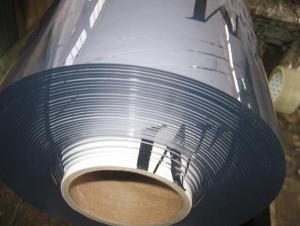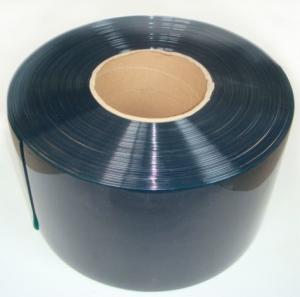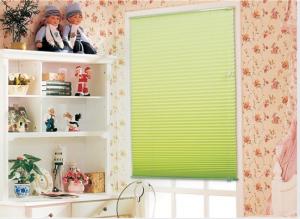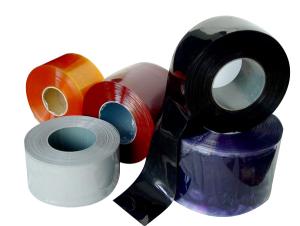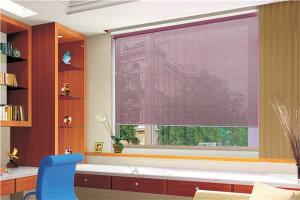Panels Curtains With Flower Pattern Warp Knitting eyelet
- Loading Port:
- Ningbo
- Payment Terms:
- TT or LC
- Min Order Qty:
- 1000 m
- Supply Capability:
- 500000 m/month
OKorder Service Pledge
Quality Product, Order Online Tracking, Timely Delivery
OKorder Financial Service
Credit Rating, Credit Services, Credit Purchasing
You Might Also Like
The curtain could be used in home and office for decorating or shading. The material of products in our company is eco- friendly and durable, and the UV-protection for this goods is strong. It's easy to install and disassemble to clean. And it looks quite beautiful and practical. The main materials for curtain are polyester and non-woven cloth, its track is aluminum and the snap is plastic.At the same time, Material, color and size can be customized as customer's demand.
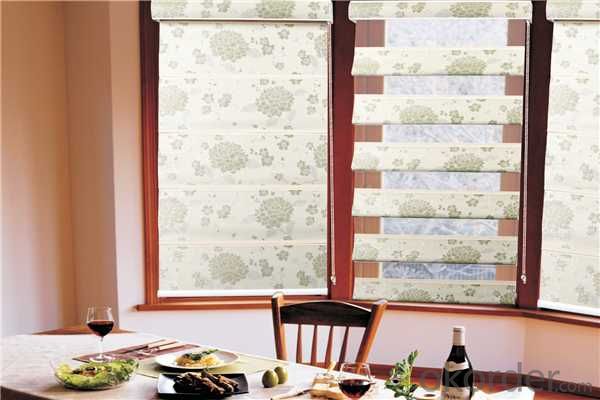
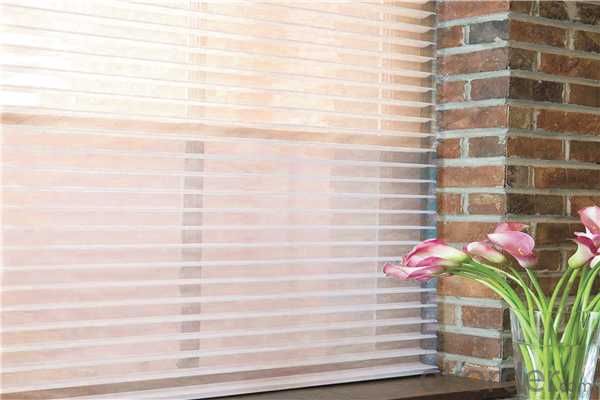
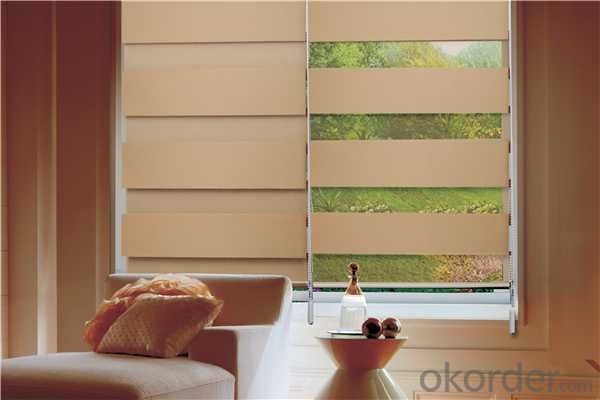
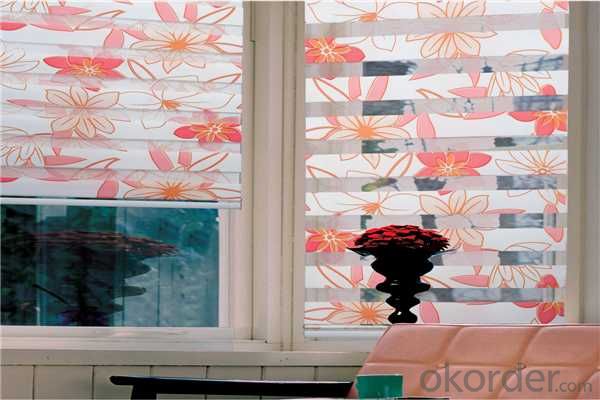
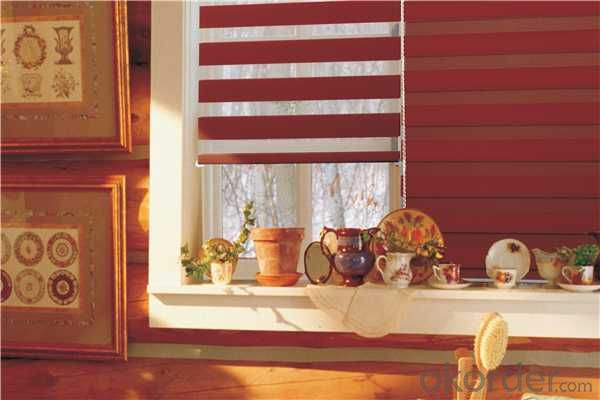
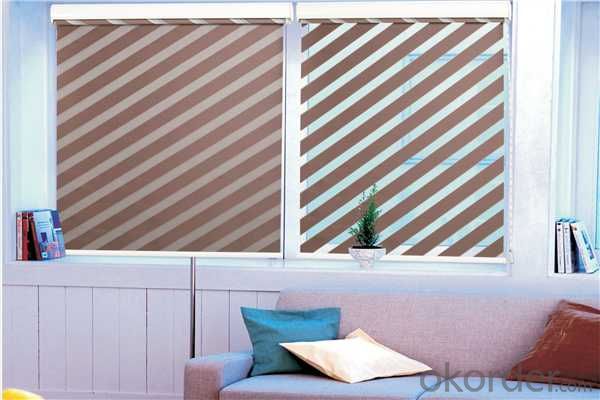

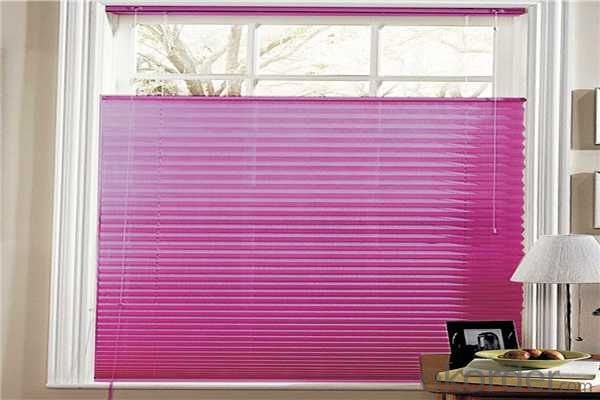
- Q:How does plastic affect the overall reliability of home appliances?
- Plastic components in home appliances can impact their overall reliability in several ways. Firstly, plastic parts may be more prone to wear and tear compared to metal components, leading to reduced durability and potential breakdowns. Additionally, plastic parts can be more susceptible to heat damage, which can cause them to warp or melt, affecting the appliance's functionality. Plastic's lower strength and stiffness compared to metal can also lead to increased vibrations or flexing, potentially resulting in premature failure. However, it's important to note that proper design, material selection, and manufacturing processes can mitigate these issues, allowing plastic components to perform reliably in home appliances.
- Q:What are the considerations for using easy-to-clean plastic in fans and heaters?
- The considerations for using easy-to-clean plastic in fans and heaters include the ability to remove dust and dirt easily, preventing blockages and maintaining optimal performance. Easy-to-clean plastic also allows for convenient maintenance, reducing the need for disassembly or specialized cleaning tools. Additionally, it helps to ensure longevity by preventing damage or degradation caused by improper cleaning methods or harsh cleaning agents. Overall, easy-to-clean plastic in fans and heaters enhances user experience, efficiency, and durability of these appliances.
- Q:Are there any limitations in terms of ultraviolet (UV) resistance for plastic parts in home appliances?
- Yes, there are limitations to the ultraviolet (UV) resistance of plastic parts in home appliances. UV radiation can degrade and discolor plastics over time, causing them to become brittle and lose their strength. This can lead to cracking, warping, and ultimately, failure of the plastic parts in appliances. Therefore, manufacturers often employ various strategies such as using UV stabilizers and additives, selecting suitable plastic materials, and incorporating protective coatings to enhance the UV resistance of plastic parts in home appliances. However, it is important to note that prolonged exposure to intense UV radiation can still have an impact on the longevity and performance of these plastic parts.
- Q:How does plastic impact the overall noise reduction properties of home appliances?
- Plastic can significantly impact the overall noise reduction properties of home appliances. It is a lightweight material that can absorb and dampen vibrations, resulting in reduced noise levels. Plastic components, such as housing and insulation, are often used in appliances to minimize noise generated by internal mechanisms. Additionally, plastic enclosures can act as barriers, preventing sound from escaping the appliance and further enhancing noise reduction.
- Q:How does plastic impact the overall aesthetic appeal of home appliances?
- Plastic can significantly impact the overall aesthetic appeal of home appliances. Its versatility allows manufacturers to create sleek, modern designs that can be molded into various shapes and sizes. Plastic surfaces can be smooth and glossy, giving appliances a polished and high-end look. Additionally, plastic can be pigmented in different colors, offering a wide range of options to match any kitchen or home decor. However, excessive use of plastic or poor quality materials can cheapen the appearance of appliances and make them appear less durable or luxurious. As such, the choice of plastic and its design implementation plays a crucial role in enhancing or diminishing the overall aesthetic appeal of home appliances.
- Q:Are plastic home appliances resistant to vibrations or disturbances?
- Yes, plastic home appliances are generally resistant to vibrations or disturbances due to the flexible and durable nature of plastic materials. However, the level of resistance may vary depending on the quality and design of the appliance.
- Q:Can plastic parts in home appliances be affected by water damage or leaks?
- Yes, plastic parts in home appliances can be affected by water damage or leaks. Water can seep into the electrical components and cause corrosion or short circuits, leading to malfunction or complete failure of the appliance. Additionally, prolonged exposure to water can cause the plastic parts to warp, crack, or deteriorate, which can affect the appliance's performance and longevity. It is important to address any water damage or leaks promptly to prevent further damage to the plastic parts and the appliance as a whole.
- Q:How does plastic contribute to the safety of home appliances?
- Plastic contributes to the safety of home appliances by providing insulation and protection against electric shocks, heat resistance, and durability. Additionally, plastic components can be designed to be fire-resistant, reducing the risk of fires caused by electrical malfunctions.
- Q:Can plastic parts in home appliances be affected by pests or insects?
- Yes, plastic parts in home appliances can be affected by pests or insects. Pests and insects often chew on or burrow into plastic materials, causing damage or compromising the functionality of the appliance. It is important to take necessary measures to prevent infestations and protect plastic parts from potential pest-related issues.
- Q:What glue does the hard plastic bond with?
- HY-T160 PP/PE slow dry glue is mainly used for bonding plastic products such as: stick to polyethylene (PE), polypropylene (PP), polyvinyl chloride (PVC), ABS, nylon, sponge, foam film, etc.; the organic glass, rubber, metal, wood, bamboo fabric paper also has good adhesion, especially for plastic and metal and non-metal materials are glued cross bonding has more originality, is the bonding material industry, household appliances industry, radio decoration, craft toys, insulation materials, packaging and printing industry is the ideal.
1. Manufacturer Overview |
|
|---|---|
| Location | |
| Year Established | |
| Annual Output Value | |
| Main Markets | |
| Company Certifications | |
2. Manufacturer Certificates |
|
|---|---|
| a) Certification Name | |
| Range | |
| Reference | |
| Validity Period | |
3. Manufacturer Capability |
|
|---|---|
| a)Trade Capacity | |
| Nearest Port | |
| Export Percentage | |
| No.of Employees in Trade Department | |
| Language Spoken: | |
| b)Factory Information | |
| Factory Size: | |
| No. of Production Lines | |
| Contract Manufacturing | |
| Product Price Range | |
Send your message to us
Panels Curtains With Flower Pattern Warp Knitting eyelet
- Loading Port:
- Ningbo
- Payment Terms:
- TT or LC
- Min Order Qty:
- 1000 m
- Supply Capability:
- 500000 m/month
OKorder Service Pledge
Quality Product, Order Online Tracking, Timely Delivery
OKorder Financial Service
Credit Rating, Credit Services, Credit Purchasing
Similar products
New products
Hot products
Related keywords
